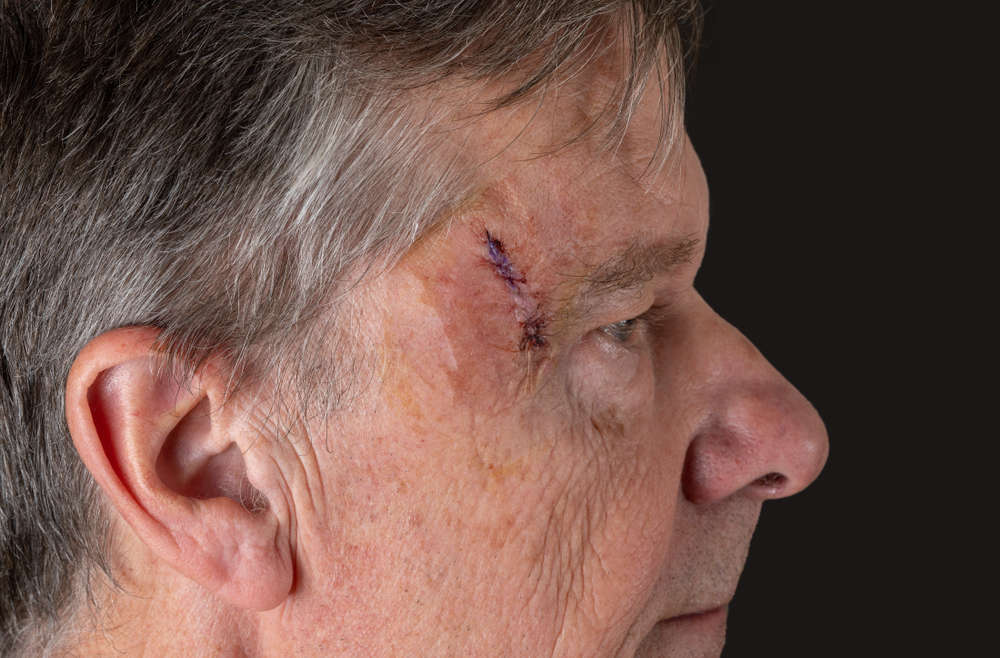Prior to undergoing micrographic surgery for skin cancer, patients often have a number of questions about Mohs – Is it painful? How long does the treatment take? Will I be left with visible scarring?
Continue reading to find out the answers to these questions and learn all about the Mohs procedure and process.
What Is Mohs Surgery?
Mohs micrographic surgery is a precise procedure used to treat basal cell carcinoma and squamous cell carcinoma – two of the most common types of skin cancer.
The treatment involves removing tissue a layer at a time and viewing it under a microscope until clear margins are observed.
This is all done in a single outpatient procedure and works to preserve healthy tissue and minimize visible scarring.
Mohs – Is It Painful?
If you are considering micrographic surgery for skin cancer, you may be wondering: Mohs – Is it painful?
Most patients are surprised to learn that Mohs is an extremely comfortable procedure and find the local anesthesia injection to be the most sensitive part of the entire process.
What Can Patients Expect from the Procedure?
Once the treatment area has been numbed, patients may feel some mild pressure as the sample of tissue is excised.
It takes just a few minutes to remove the initial specimen, which is immediately sent to the lab for review.
Because it can take pathologists one-to-two hours to analyze the specimen, patients should bring a book, magazine, or laptop to keep busy while they wait.
In approximately 40-50 percent of cases, the procedure can conclude after the first sample.
However, if cancerous cells are observed in the specimen, a second tissue sample must be removed and sent back to the lab for review.
This process is repeated until the lab detects clear margins.
At the end of the procedure, the wound is either left open to heal or it may be sutured closed. Patients are then free to return home and resume most normal activities.
Learn More About Mohs Micrographic Surgery for Skin Cancer
If you are interested in Mohs Surgery, please call our office today to schedule a comprehensive consultation with board-certified dermatologist and fellowship-trained Mohs surgeon Dr. Johnathan L. Chappell.



